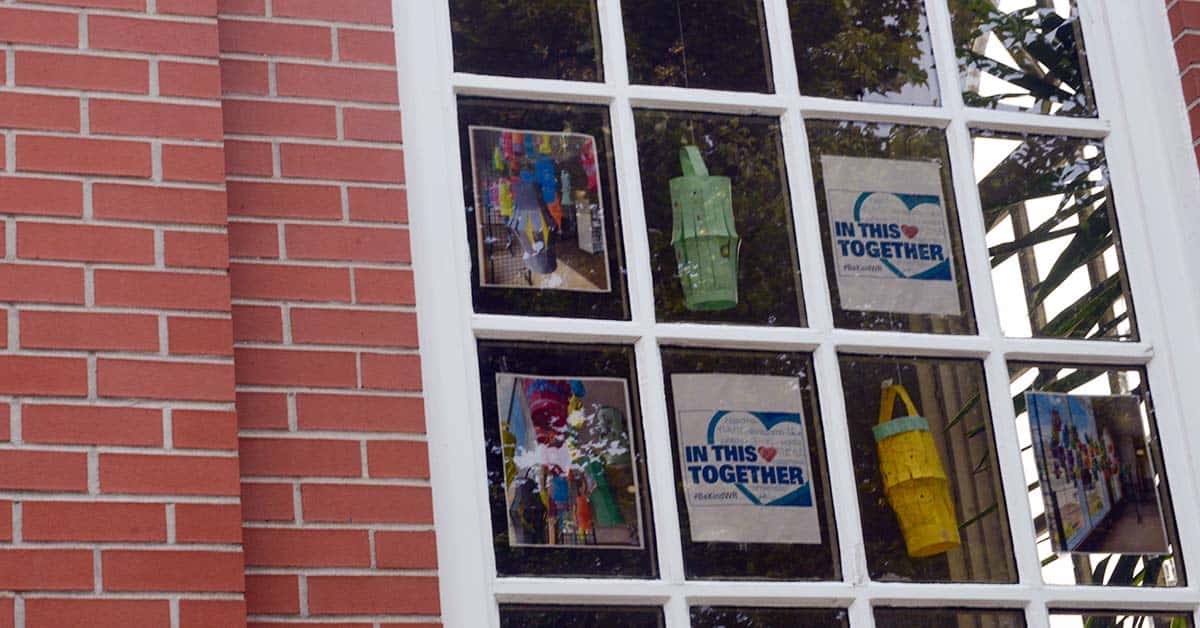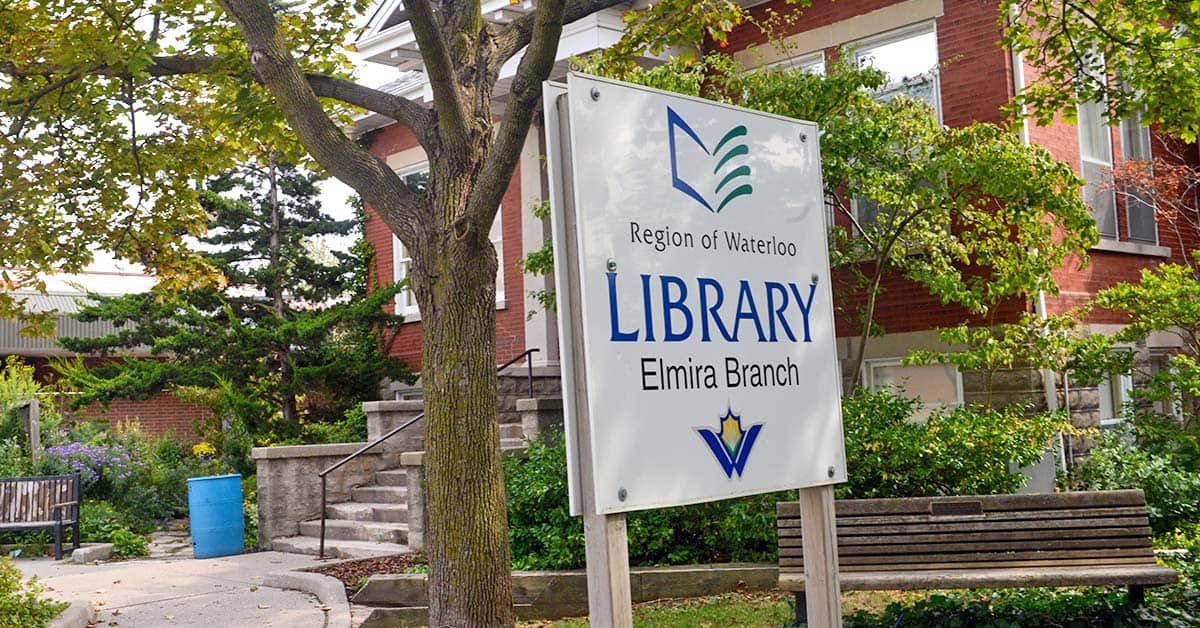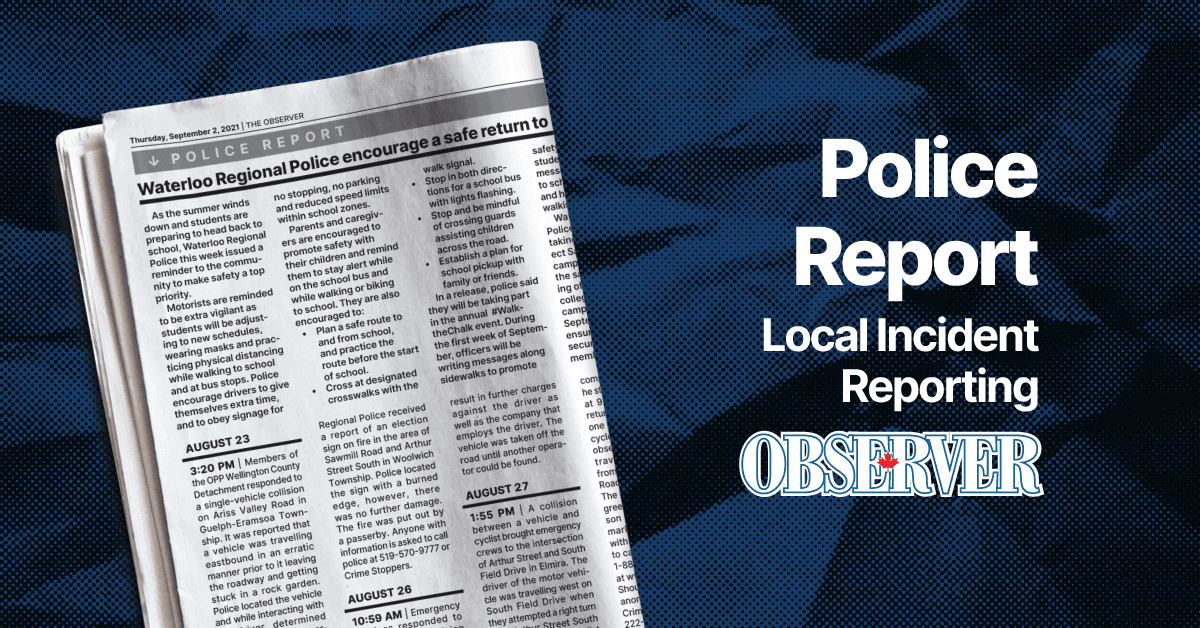The Region of Waterloo has launched the latest phase of an anti-racism campaign that first emerged last year at the height of the Black Lives Matter movement. It’s goal is to counter racist and anti-immigrant sentiments.
The new phase of the campaign looks to spread awareness while giving the community a way to show their support for racialized residents. The blue Racial Equity lawn signs are popping up in Woolwich and Wellesley as more locations make them available for pickup. The signs show a support for immigrants and the ongoing campaign trying to guide residents toward online anti-hate resources.
The signs are free for pickup at the region’s libraries in Elmira, Ayr, New Hamburg and Wellesley, as well libraries in Kitchener and Waterloo.
“Waterloo Region has a very diverse community,” said Abiha Syed, the community engagement coordinator for the local immigration partnership. “Racial EquityWR is a campaign to take action against hate – it has different approaches of how we’re getting the conversation going in the community.
“In 2020, there was quite a bit of talk about Black Lives Matter at our table – every organization was concerned about racism, hate crimes, micro-aggressions that are being reported and seen in the region,” said Syed.

The lawn sign part of the campaign began last month, the anti-hate campaign itself launched last year. Syed said they hope to spread awareness of the diverse groups living around the community and get people in engaged in the conversation so newcomers will continue to feel welcome without having to experience intolerance.
According to a 2016 census about mobility, migration, and immigration, one in four residents of the region was born outside Canada. In Woolwich, 10.7 per cent of the population were listed as immigrants, while in Wellesley 6.4 per cent of that population were immigrants.
In another 2016 Waterloo Region survey about ethnic origins, visible minorities, and aboriginal peoples, one in five residents self-identified as a visible minority, making up 19 per cent of the population. The region also had the seventh largest population of visible minorities in Ontario.
“This invites Waterloo Region residents to show solidarity, to inspire other community members and leaders to foster, collaborate and initiate. If we can get the local population to go to this website and talk about how do we take action against hate – the more our leaders will be inclined to take these issues higher up. The [federal] election’s happening, so we want our leaders to know that this is an issue for us,” said Syed.
There is a wide variety of resources available on the immigration Waterloo Region website, including tips for talking to your child about racism, helping supervisors change policies and information about reporting hate crimes.
The anti-hate campaign was launched last year during the International Day of the Elimination of Racial Discrimination held annually on March 21. Alongside the newly launched lawn signs, posters, stickers and window clings are also available for those looking to show their support.
“I want this campaign to make our organization, our community more accessible to people of all backgrounds, of all colours, by next year’s immigration discrimination day.”









